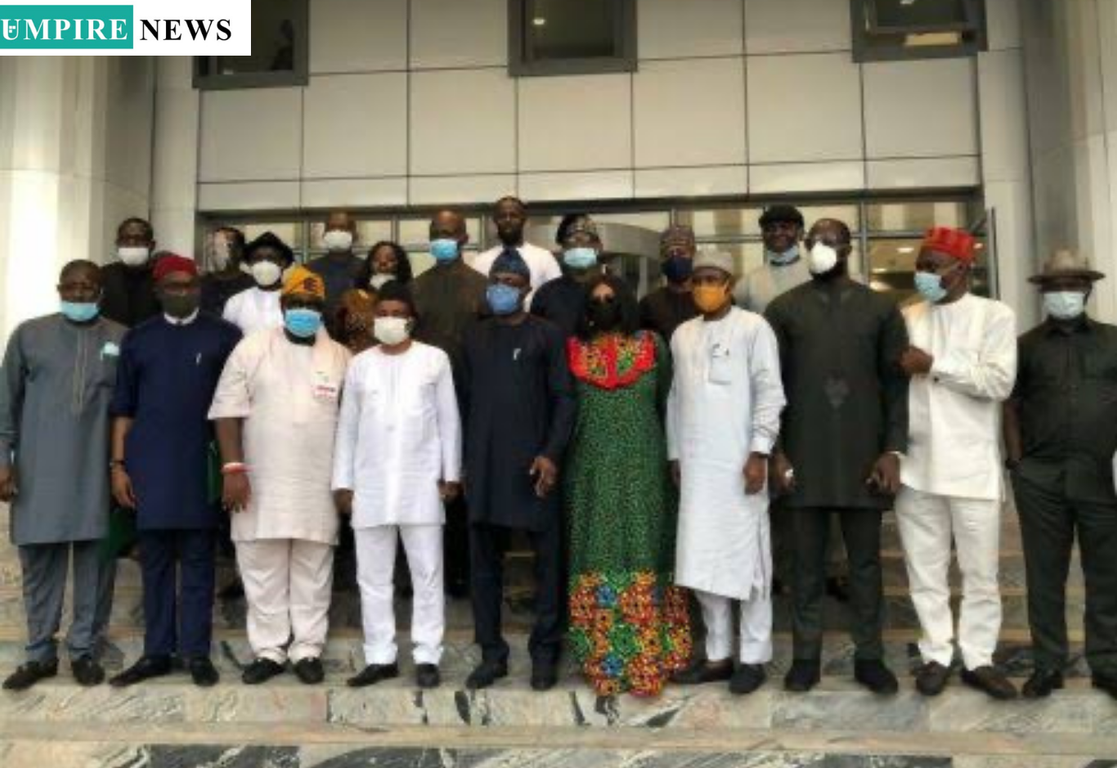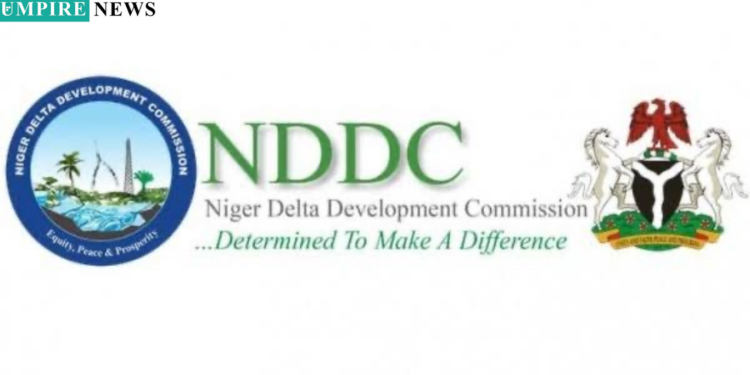The Niger Delta Development Commission (NDDC) has issued a directive requiring all contractors working in the Niger Delta region to register with the Niger Delta Chambers of Commerce, Industry, Trade, Mines, and Agriculture (NDCCITMA).
This decision marks a shift in the commission’s policies, as it seeks to formalize and enhance the process of awarding contracts within the region.
According to the NDDC, going forward, any contractor interested in executing projects for the commission must first register with NDCCITMA.
This registration will serve as a qualification criterion for contractors, ensuring that only those who are aligned with the Chambers’ objectives and standards are eligible to work on the commission’s projects.
The Managing Director of the NDDC, Chief Samuel Ogbuku, made this announcement during a sensitization event held in Calabar on Friday.
Although Ogbuku was not present at the event, his speech was delivered by Mr. Orok Duke, the NDDC Commissioner representing Cross River State.

In his address, Ogbuku emphasized the importance of encouraging greater participation in the Chambers’ activities through this new registration mandate.
He stated that the move is designed to strengthen collaboration between the NDDC, contractors, and local entrepreneurs by using the NDCCITMA as an intermediary body.
The Chambers will play a critical role in supporting the business operations of contractors, especially those who may struggle to meet the stringent requirements of financial institutions.
“Henceforth, as a means to encourage participation in the activities of the Chambers of Commerce and benefit from its prospects, every contractor working with NDDC or intends to work with NDDC should register with the Chambers,” Ogbuku said.
“Such a certificate will become a prerequisite for doing business with the commission. Our intention is to have NDCCITMA stand in the gap between NDDC and entrepreneurs to provide the long-sought support to sustain the businesses of those who cannot meet the stringent conditions of financial institutions.”
The establishment of the NDCCITMA is also expected to complement other ongoing initiatives within the Niger Delta region, such as Project HOPE and the International Fund for Agricultural Development (IFAD) programs.

These efforts are part of a broader vision to bolster economic growth and provide a stable foundation for entrepreneurs and businesses in the region.
In line with the federal government’s broader agenda, Ogbuku noted that the formation of the Chambers is consistent with the President’s “Renewed Hope Agenda,” which aims to secure a prosperous and sustainable future for the people of Nigeria, particularly those in the Niger Delta region.
The agenda is focused on empowering local businesses, enhancing economic stability, and providing opportunities for growth and development.
Additionally, Chief Solomon Edebiri, the secretary of NDCCITMA, spoke at the event and outlined the goals of the sensitization program.
According to Edebiri, the main objective of the program is to raise awareness about the new registration requirement for contractors.
He also announced that a dedicated portal will be launched to facilitate the registration process, ensuring that contractors and other interested parties can easily comply with the new mandate.
By mandating registration with NDCCITMA, the NDDC aims to create a more structured and supportive environment for businesses operating in the Niger Delta.
This move is expected to foster greater collaboration between the public and private sectors, ultimately driving economic development and improving the quality of life for the people of the region.
The commission is hopeful that this new requirement will not only benefit contractors but also create opportunities for local entrepreneurs to thrive in a competitive market.
Overall, the establishment of NDCCITMA and the new registration mandate reflect the NDDC’s commitment to enhancing transparency, improving business relations, and providing critical support to contractors and entrepreneurs working in the Niger Delta.
The success of these initiatives could have a lasting impact on the economic landscape of the region, aligning with the broader goals of national development and prosperity.
































